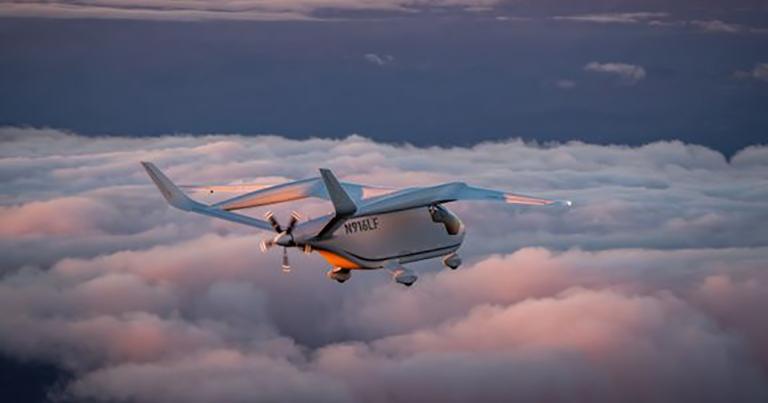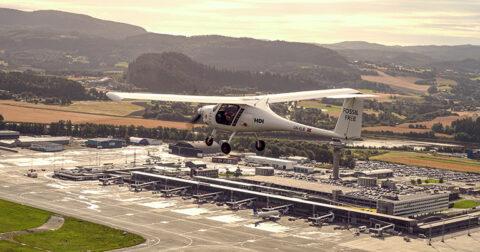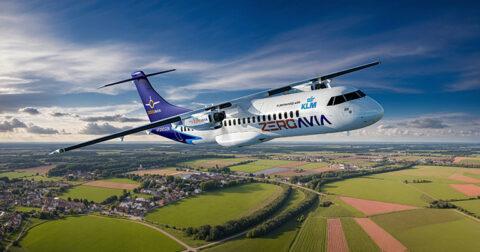
A Letter of Intent has been signed among key aviation stakeholders to participate in an international test arena for zero and low-emission aviation in Norway. This landmark agreement – which involves the Civil Aviation Authority of Norway (CAA Norway), Avinor AS, BETA Technologies, and Bristow Norway AS (a subsidiary of Bristow Group Inc.) – signifies the parties’ shared commitment to accelerating the adoption of zero and low-emission aircraft and marks a significant step toward bringing that future to the Nordic region.
The parties will work together to build a Concept of Operations for demonstrating cargo transport, with the aim of carrying out demo operations in a ‘regulatory sandbox’ in Norway by late summer or early fall 2025. By facilitating demonstrations, the project will contribute to the development of critical knowledge and experience for a broad range of key stakeholders. The goal of this process is to test, learn, prepare, and prove the viability of Advanced Air Mobility operations in a controlled environment.
“With the signing of this Letter of Intent, we are taking a step further on the path towards zero and low-emission aviation,” said Abraham Foss, CEO, Avinor. “Avinor is very pleased that a major player like Bristow and an innovative manufacturer like BETA want to use Norway as a test arena. We have previously stated that the goal was to start test flights by 2025, and we are now well on track to achieve this goal.”
The test arena will focus on knowledge-sharing, enabling the entire ecosystem to benefit from the trials. It aims to foster collaboration on necessary infrastructure, regulatory frameworks, and operational procedures for zero and low-emission aircraft, ensuring that the entire industry can learn from these innovative developments.
“As an aviation authority we are committed to taking a holistic approach to ensure the entire aviation ecosystem is involved,” said Lars Kobberstad, Director General, CAA Norway. “Through close collaboration with the parties, we can facilitate and support the safe integration of new technologies. Developing an advanced regulatory sandbox together with EASA is a significant and rewarding task, but we firmly believe it can support industry, accelerate innovation processes regarding new mobility and provide us with critical competency. We are truly looking forward to this important work.”









